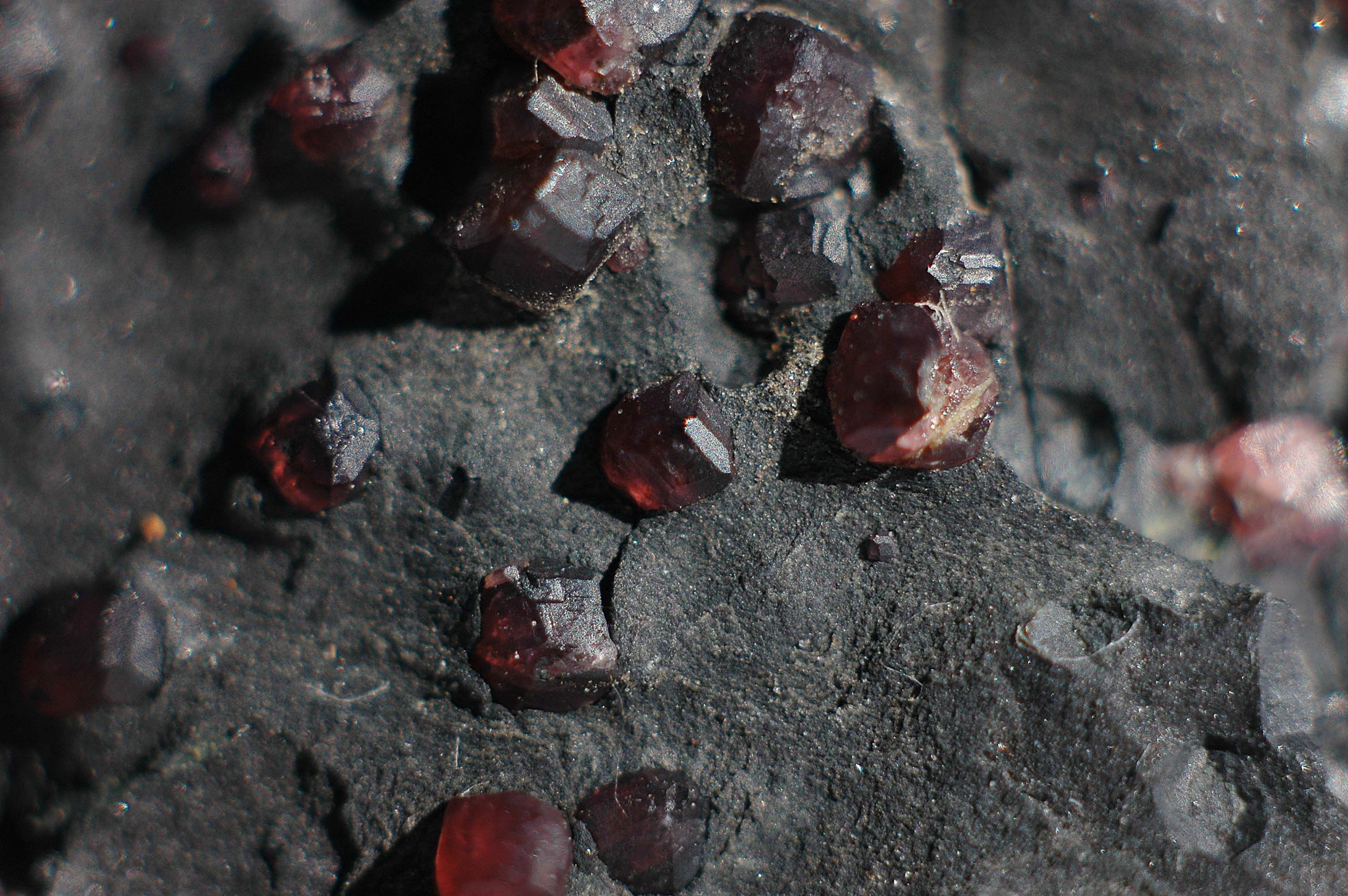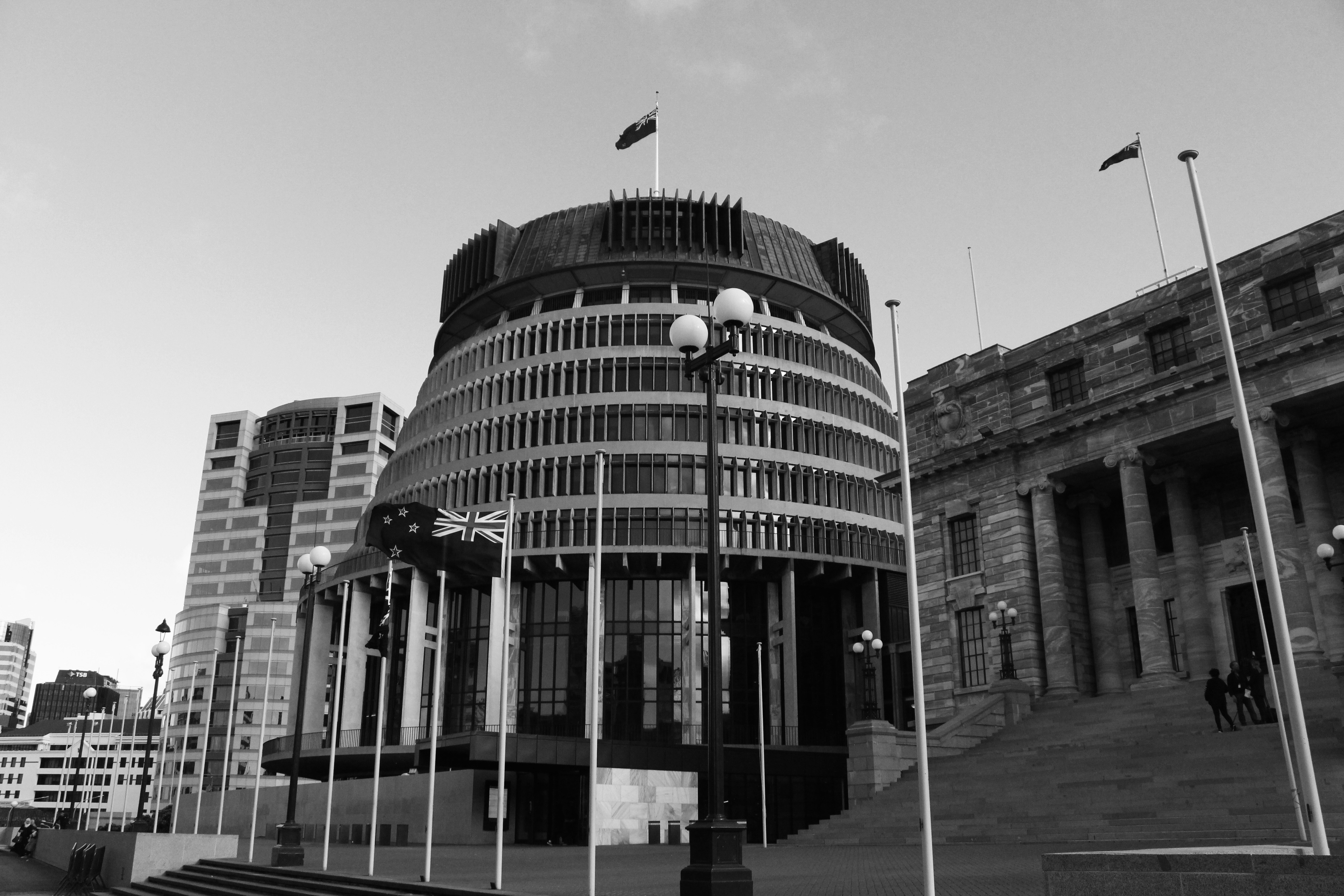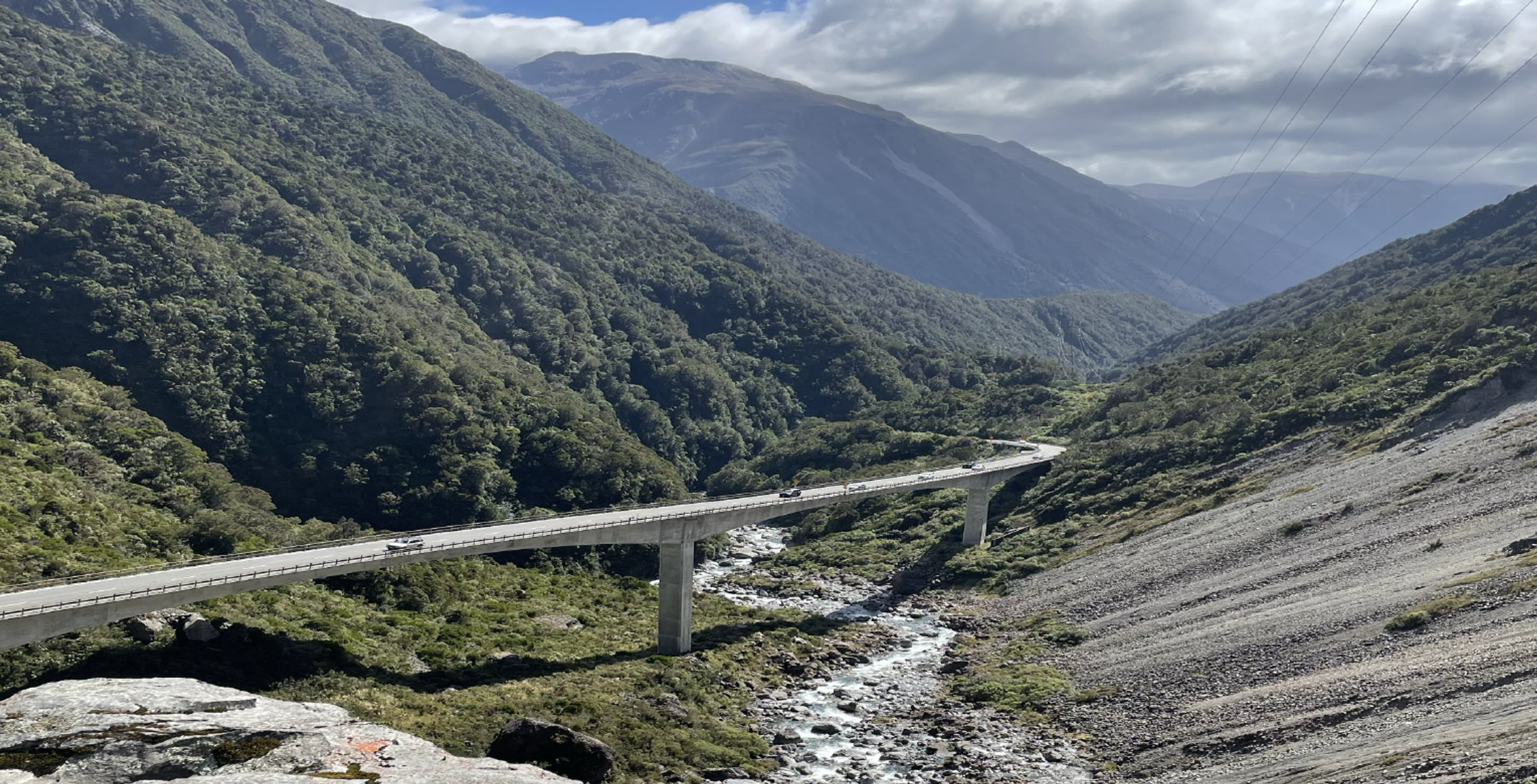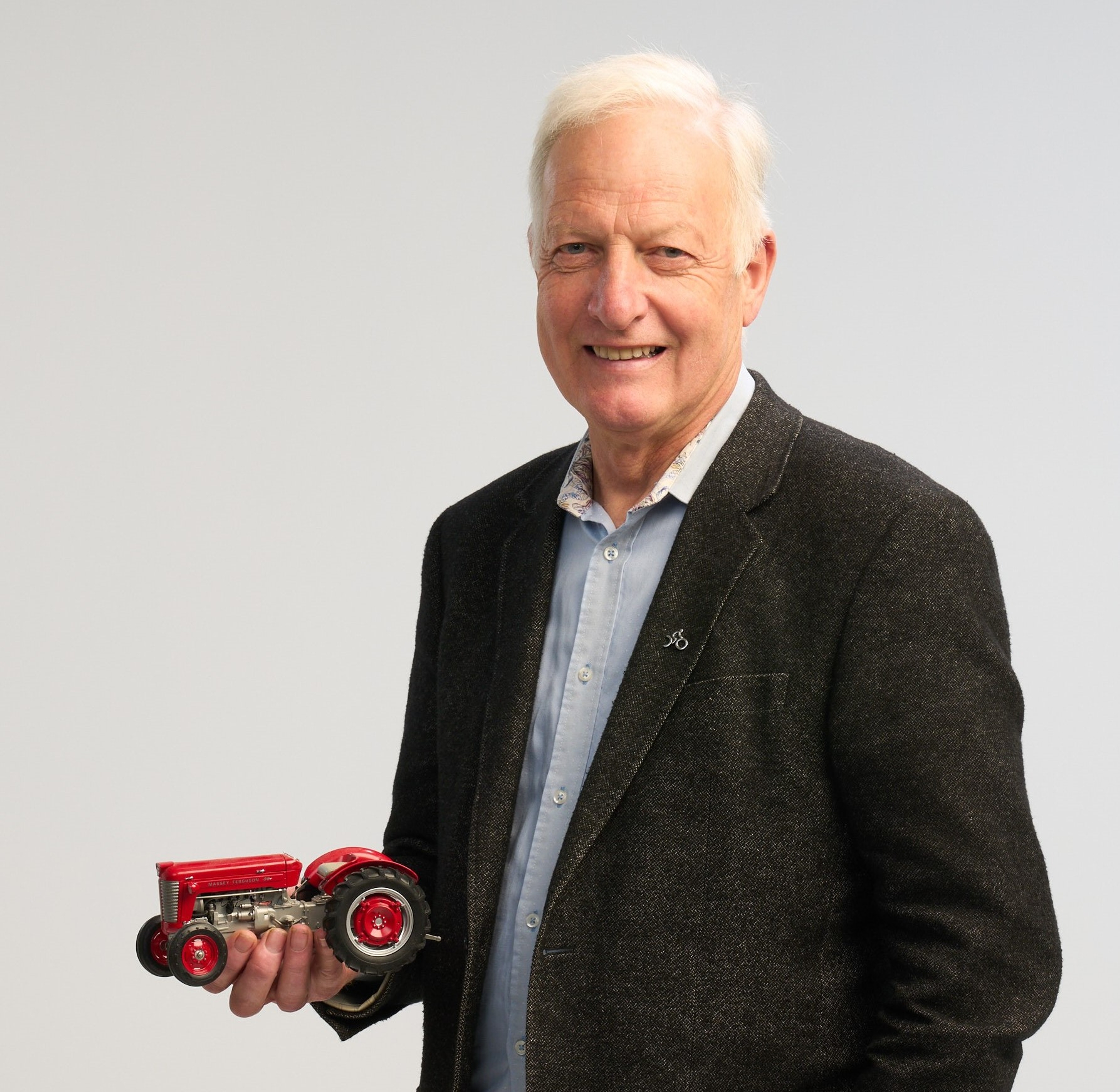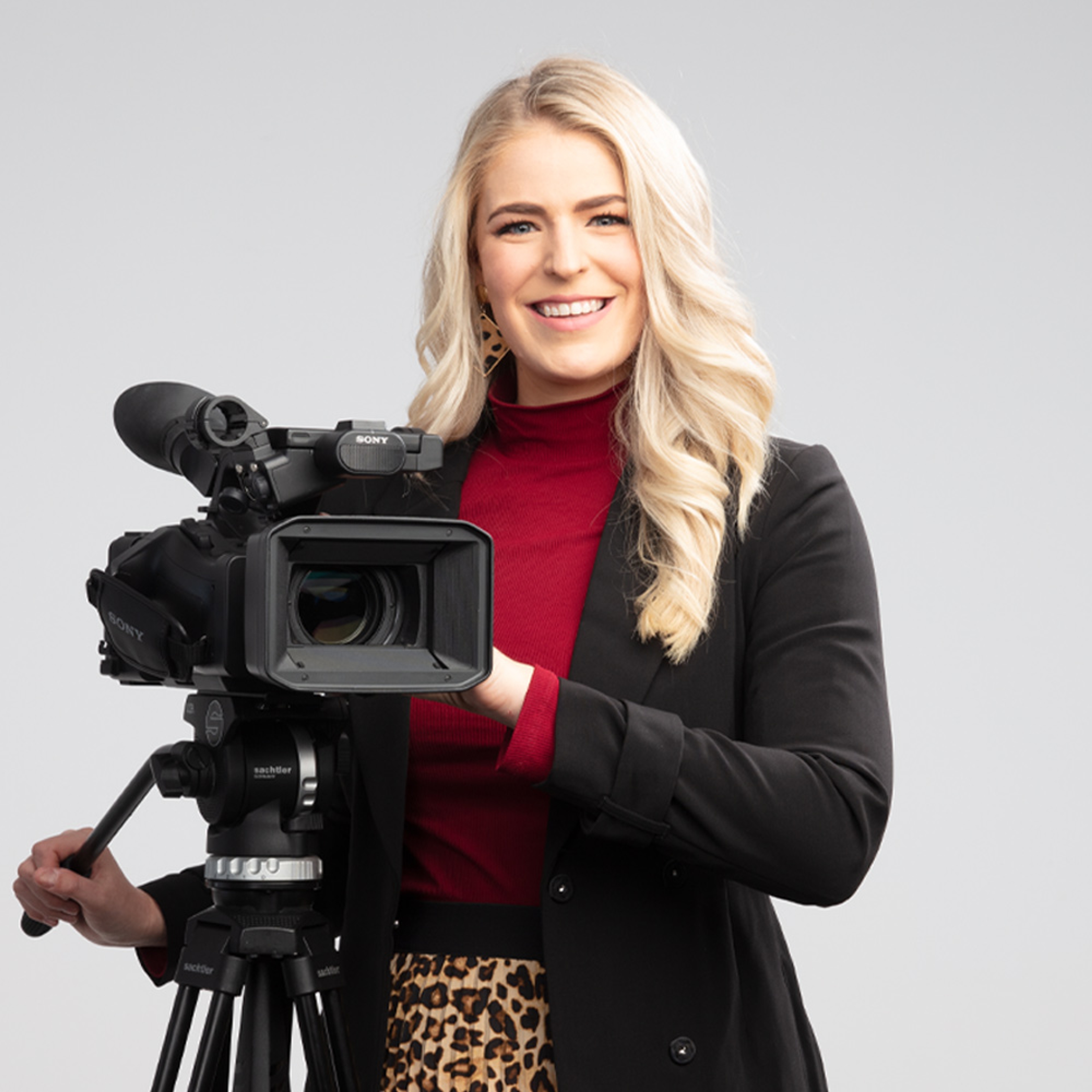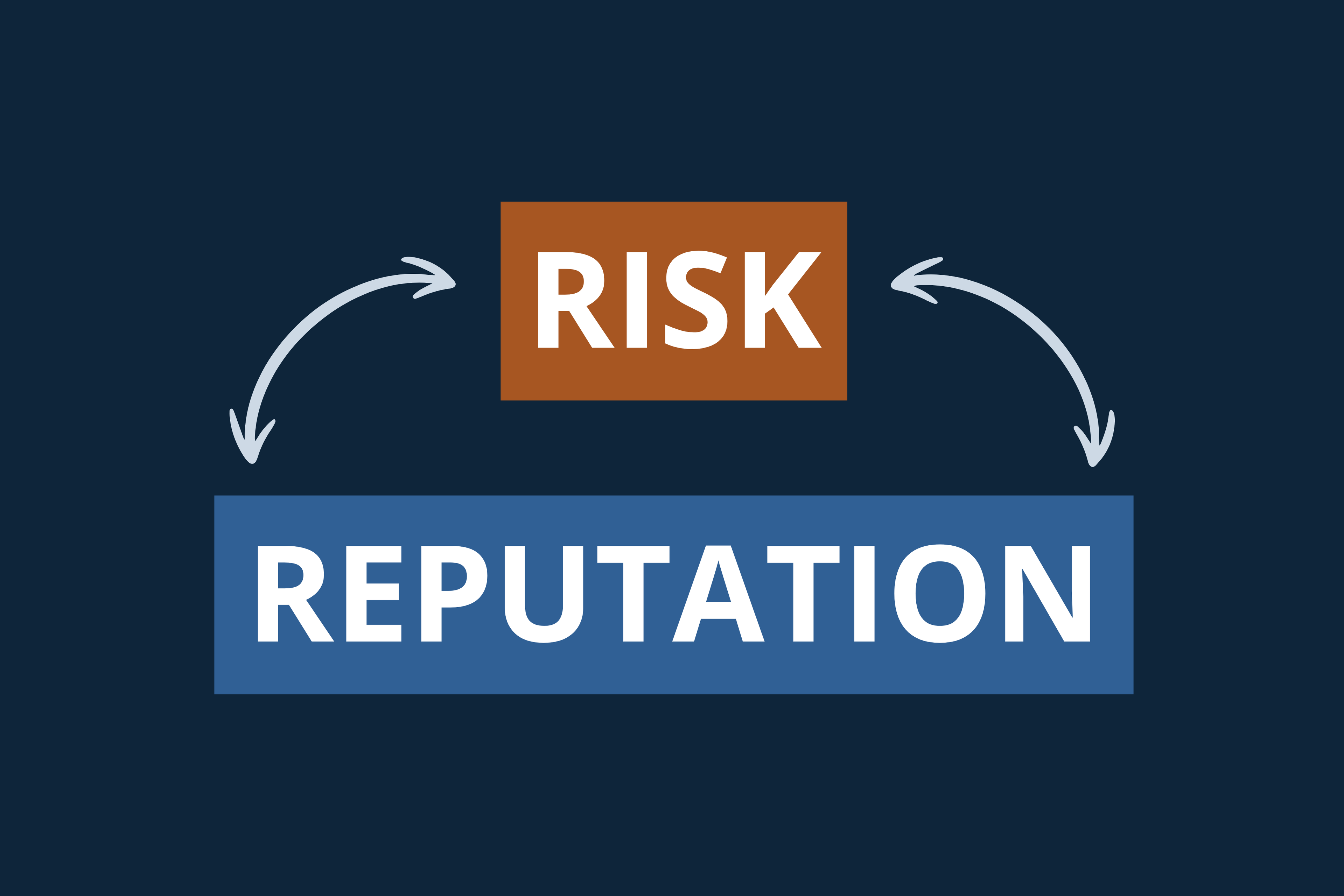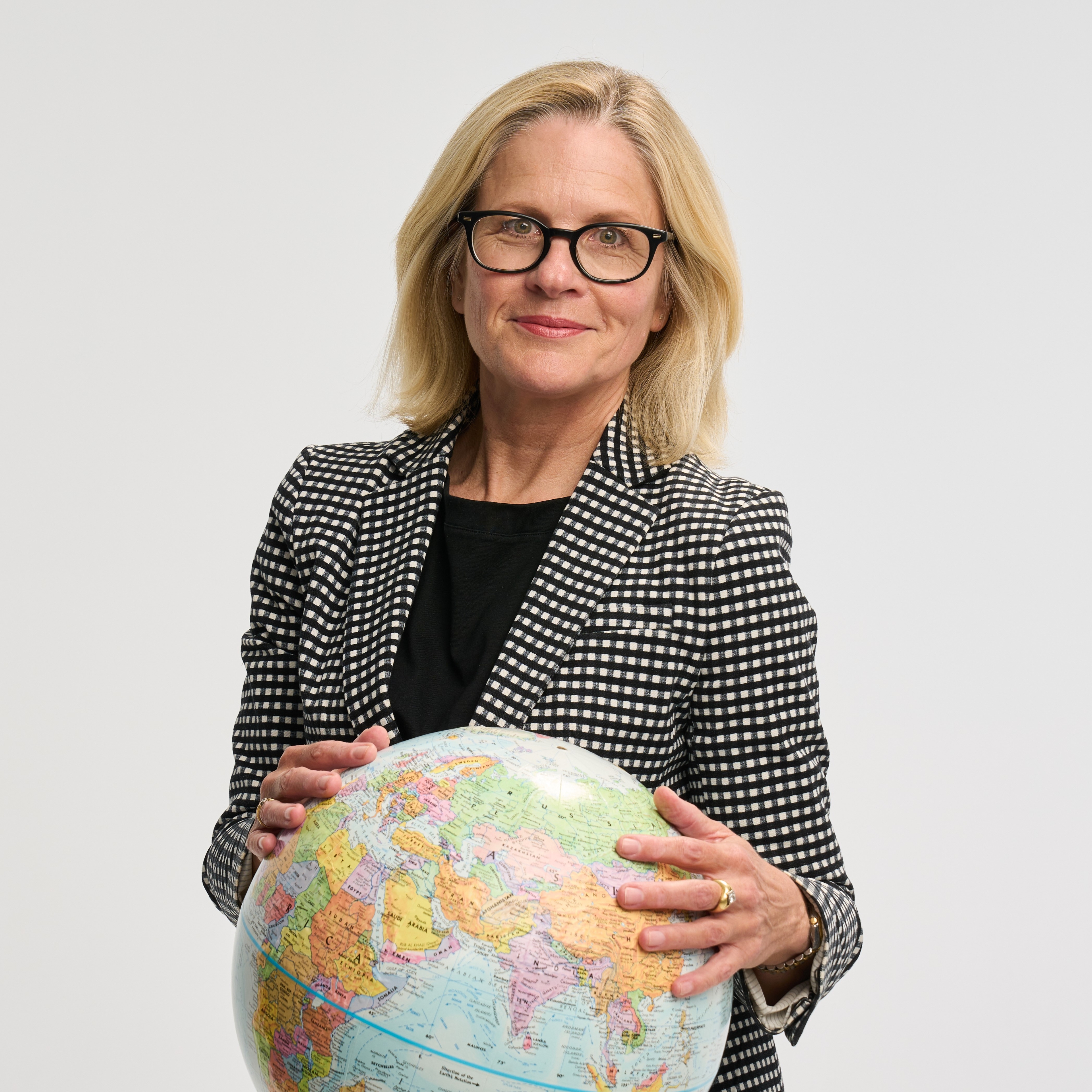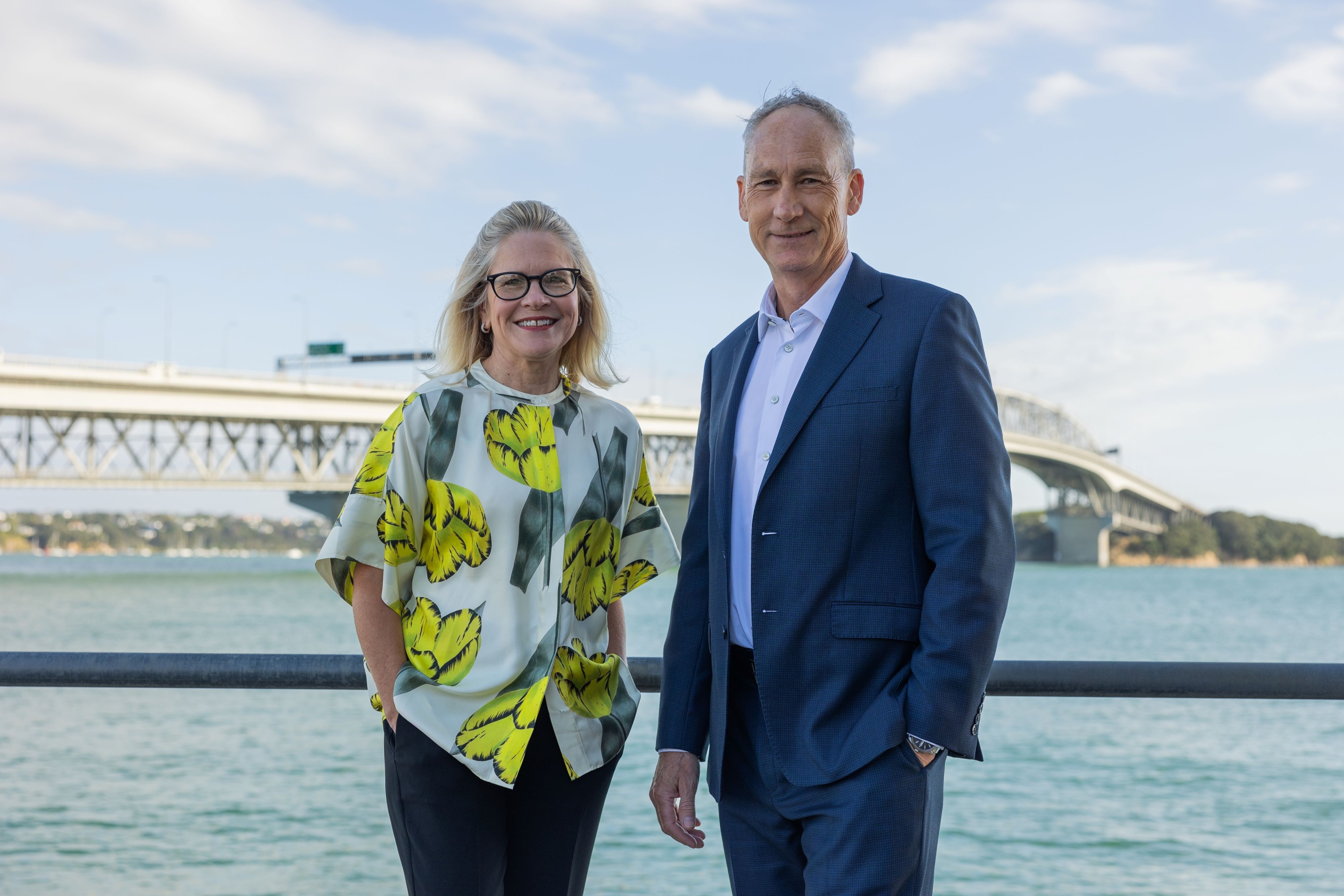Proactive crisis communication enhances company reputation
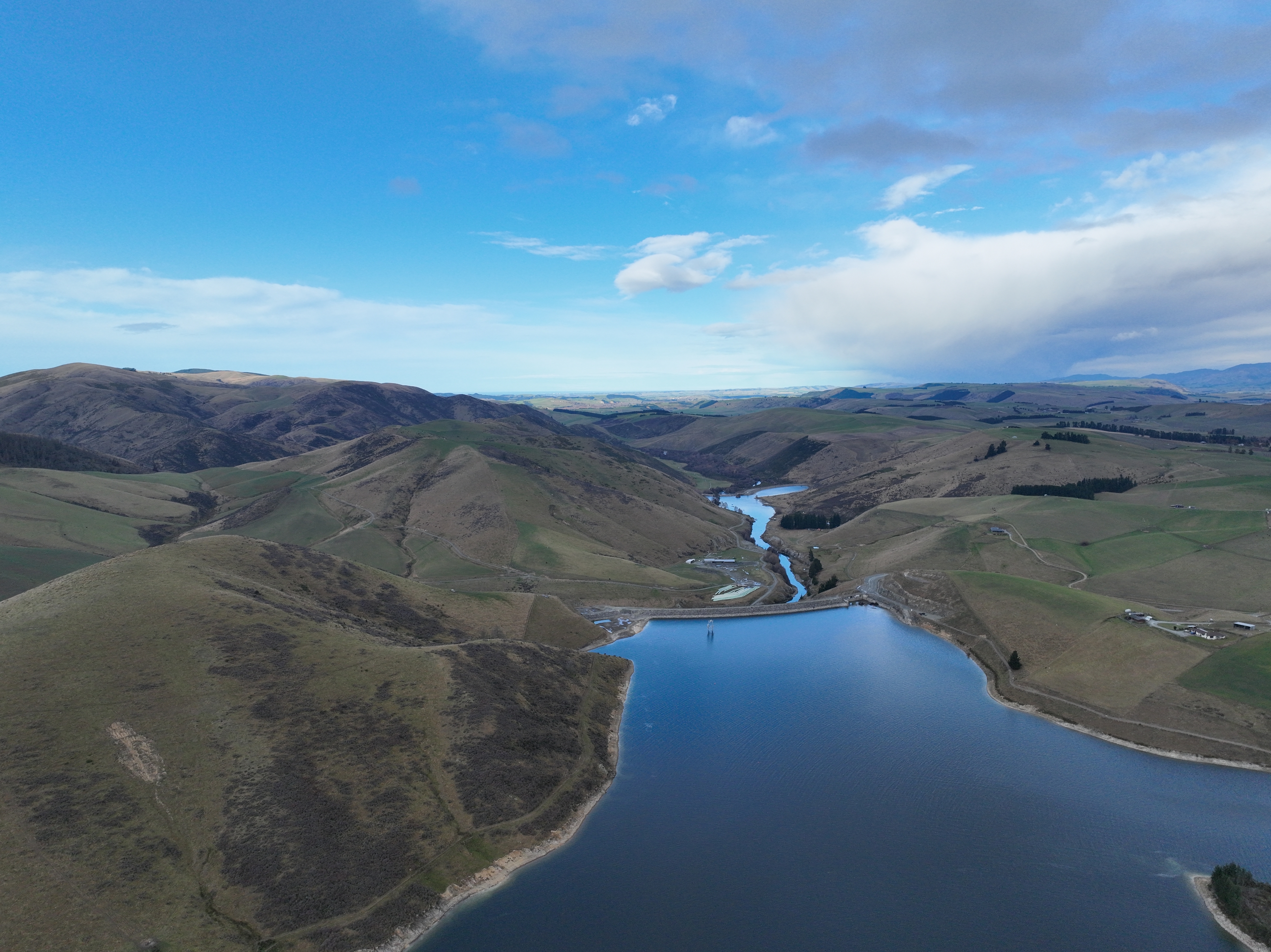
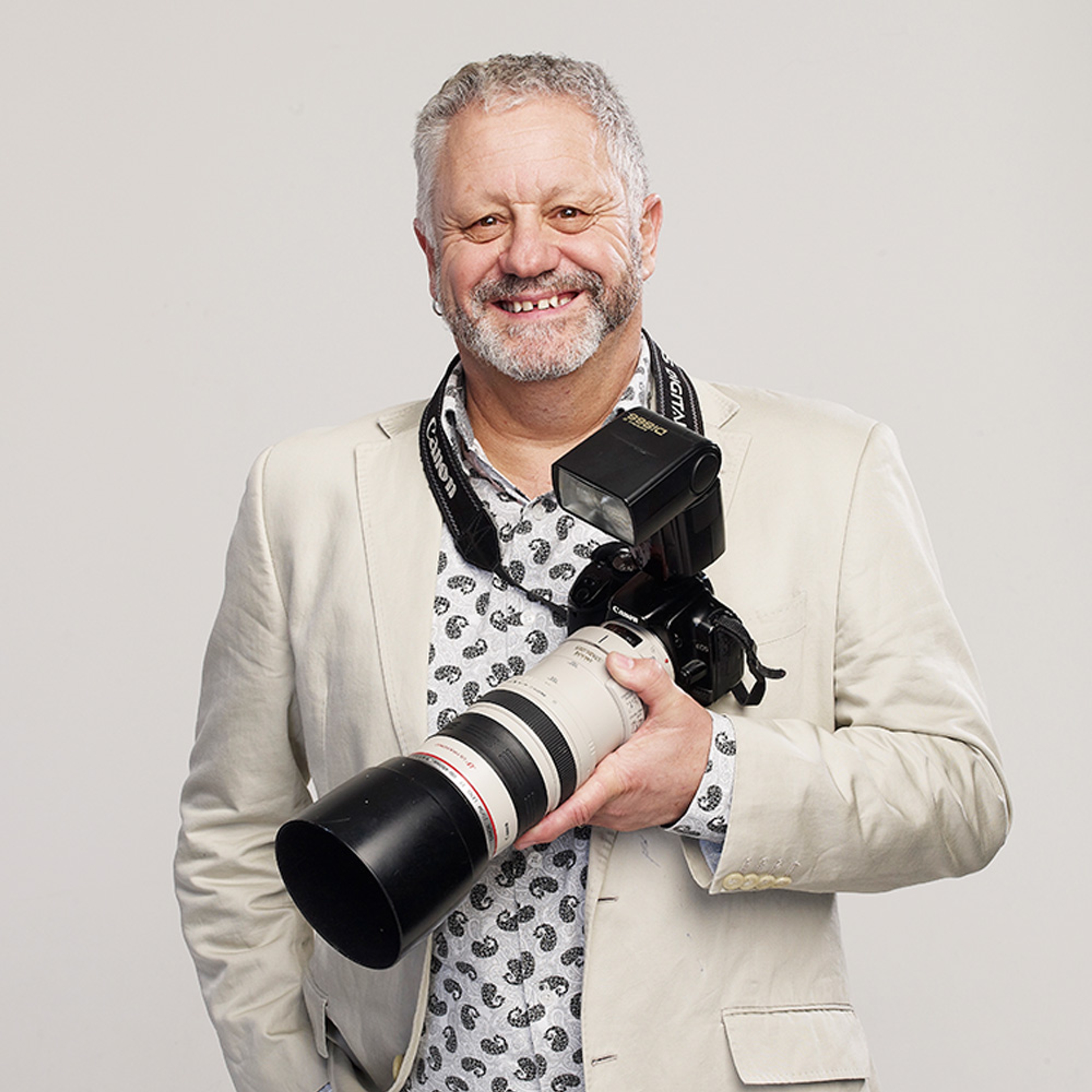
Steve Attwood
What do you do when you have a 50-metre-high earth dam holding back millions of litres of water, and your engineers have just confirmed an official ‘dam safety deficiency’, due topotential erosion within the dam structure?
South Canterbury irrigation company, Opuha Water Ltd (OWL), found itself in this situation at the end of September 2019.
Thankfully, its engineers considered the risk of sudden collapse was extremely low, allowing time for further investigations to determine if there was actual erosion and, if so, how much. Time, too, to develop and implement a mitigation strategy.
However, the phrases “dam safety deficiency” and “internal erosion” could cause widespread public alarm to anyone outside the technical world of large dam engineering. The internet has plenty of dramatic stories and pictures of catastrophic dam failures – and OWL was worried that concerned locals and journalists might leap to overdramatic conclusions.
OWL’s communications challenge was how to advise stakeholders, authorities and the community of the ‘dam safety deficiency’ without raising unnecessary fears of a wall of muddy water crashing downstream through farms, bridges and towns.
Taking advice from Convergence, OWL agreed to front-foot the situation. Saying nothing and hoping the situation would be resolved before anyone found out was a flawed, high-risk strategy. When the news eventually gets out – as it inevitably does – the decision to not inform people about even theoretical risks makes things much worse. Trust in the company and its brand can be destroyed and can be difficult, if not impossible, to recover. There is a long list of failed companies that learned the hard way that trying to keep bad news under wraps is more risky than being open and honest.
OWL took immediate action: lowering the lake level by about 10 percent, increasing manual inspections and maintaining round-the-clock real-time digital monitoring.At the same time, it initiated a Convergence-devised proactive public information campaign based on transparency, accountability, and freely available information.
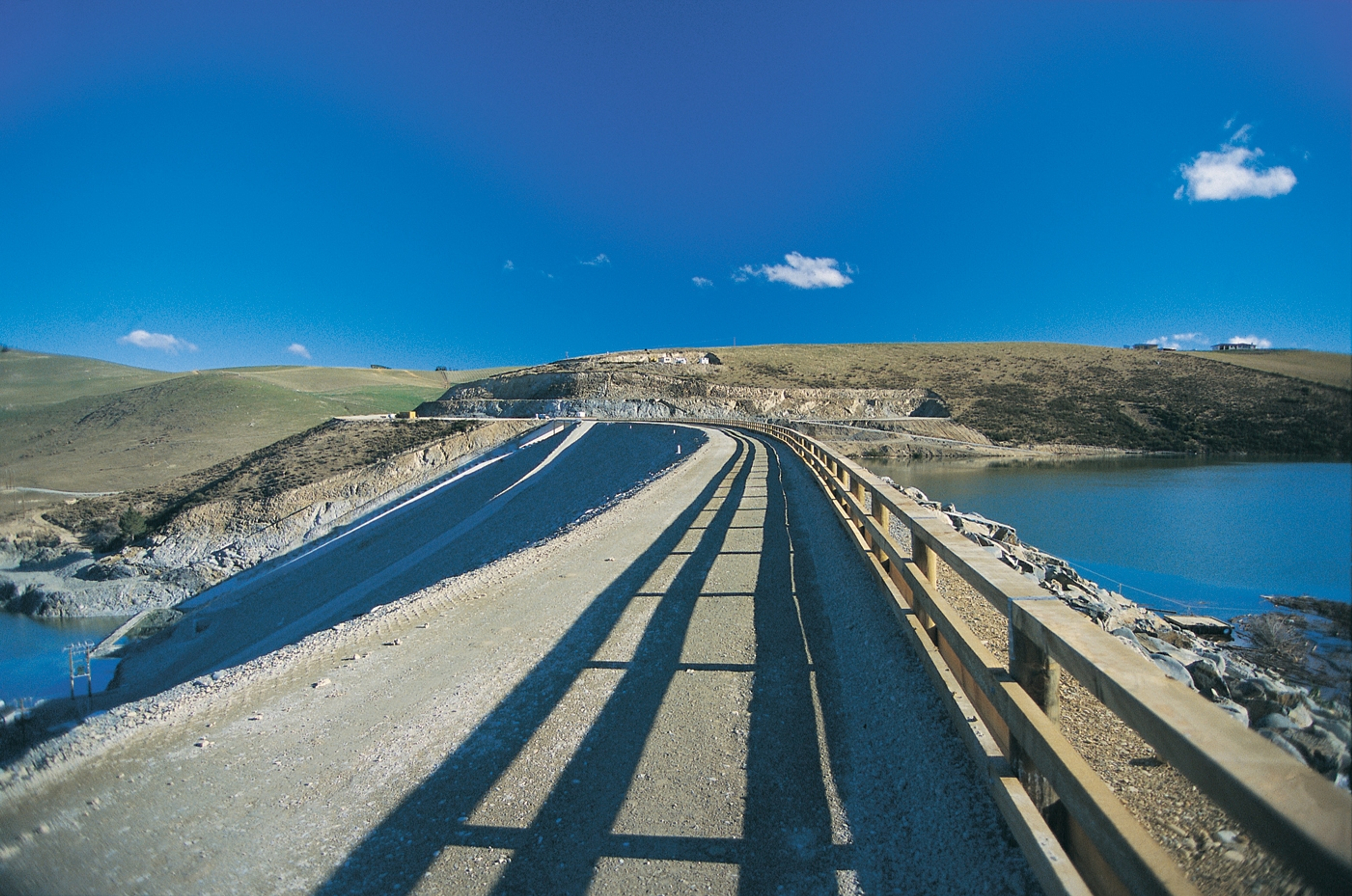
Key stakeholders, such as the company’s farmer shareholders, local and regional authorities, civil defence, iwi, local environmental organisations, and irrigation and dam owner professional bodies, were all involved in the communications outreach.
The objectives were simple:
- Demonstrate community responsibility and accountability
- Convey the facts
- Provide assurance and prevent unnecessary alarm
- Create and/or retain trust that the situation is in hand and that there is time for solutions to be developed and successfully implemented.
A media statement was prepared with the collaboration of key stakeholders. The release included comprehensive information and assurances, plus an extensive FAQ. It was released under embargo and a media stand-up held before the embargo expired, allowing journalists to ask their own questions.
An Opuha Water Facebook page was created and went live as the embargo was lifted. It included informative articles, photos and comments demonstrating transparency and accountability, and provided assurance. Activity on the page was monitored and questions promptly answered. The same information featured on a dam safety page on the company’s website.
What did all this achieve? Almost nothing . . . precisely the desired result.
Media interest at the time, and in the following weeks, was low-key, localised and focused more on the next steps, rather than any post-mortem about who might be to blame for the situation.Coverage reflected the company’s key messages and FAQs. There were no dramatic comparisons to international dam failure incidents. The company was even congratulated by some media for its approach and the easy availability of information and spokespeople.
Providing up-front and comprehensive information prevented public panic. There were a few comments on social media, mostly saying it was good to get the information so readily; but no negative feedback. Sharing of online material was largely confined to informing friends and neighbours and didn’t result in unnecessary escalation of the issue. Questions asked on Facebook were sensible and expected; and the responses appeared to be well accepted.
By accepting Convergence’s advice to run a proactive, open campaign, OWL enhanced its reputation, strengthened its brand and grew its credibility in the community.
Convergence continues to represent OWL for all of its public relations and communications needs. Our focus remains proactive, raising awareness of the value of the Opuha scheme to the community, economy and the environment.
